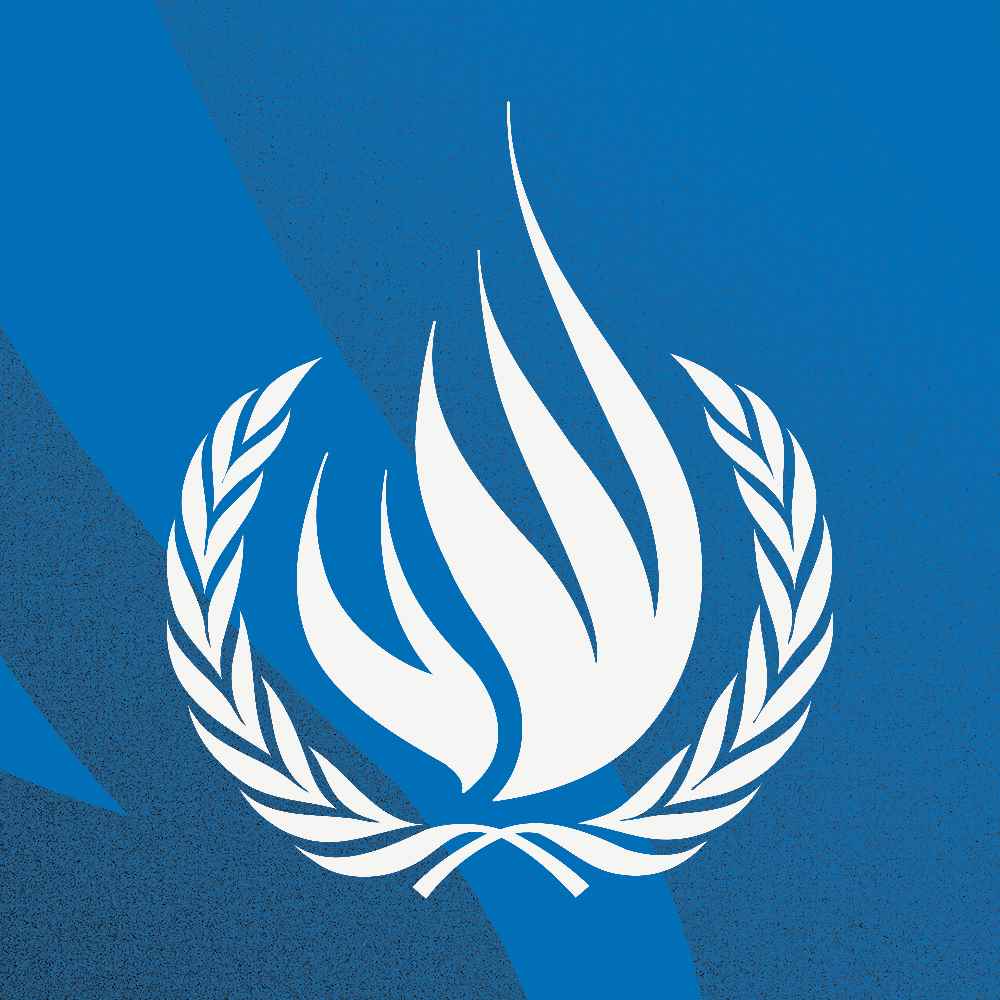
It is well known that the Islamic Republic has been committing human rights violations since the ruling clerics came to power in 1979. Nevertheless, in the last few months, the regime’s employment of brutal tactics and its disregard for human rights have increased once again.
Whenever the theocratic establishment is under significant pressure domestically, politically and economically, it resorts to hard power and excessive methods of suppression to control the population and ensure its survival. For example, in 1988, after almost eight years of devastating war with Iraq and as the regime was facing organized opposition, the hold on power of the ruling mullahs was in danger. That’s when — in what became known as the 1988 massacre — the Iranian regime began cleansing its prisons of thousands of dissidents and opposition activists. Ultimately, an estimated 30,000 people lost their lives in the brutal massacre. Many of the perpetrators of the massacre continue to serve in senior positions, including Chief Justice Ebrahim Raisi, who was the prosecutor general of Tehran in 1988 and ran for the presidency in 2017.
The Iranian regime is again facing significant pressure. Thanks to the reimposition of sanctions by the US government, as well as the regime’s widespread corruption and mismanagement of the economy, it is desperate for revenue. The Iranian currency has devalued substantially and inflation is at a record high. The regime is now running out of funds to support its network of militia groups and proxies across the region. People in Lebanon and Iraq have, meanwhile, expressed their opposition to Iran’s involvement in their internal affairs.
The latest reports point to unspeakable and brutal methods of torture being used by the authorities against detainees.
Dr. Majid Rafizadeh
As the regime senses that the political establishment is in danger, it has once again ratcheted up its human rights violations. Thousands of people were killed in the last two waves of protests, which occurred in November last year because of a hike in gas prices and in early January over the shooting down of a Ukrainian passenger plane. During these two waves of protests, more than 10,000 people were detained across the country.
The latest reports coming out of Iran point to unspeakable and brutal methods of torture, including rape and sexual assaults, being used by the authorities against detainees. In one shocking incident, Amnesty International stated that it had received appalling reports of a sexual assault on an arrested female protester.
Another protester who was arrested by the Islamic Revolutionary Guard Corps said: “After we were arrested, they put black plastic bags over our heads and transferred us to a Peugeot 405. Then they took us to an unknown location and kept us in small 1 square meter rooms. We could hear the sounds of torture of other detainees. The room was so small that we could not spread out our legs. They kept us hungry for a long time and did not even give us one piece of bread. At nights they took us all out to somewhere outside the cells in the courtyard and forced us to take off our clothes. Then they drenched us with cold water with a hose and started beating us.”
These are just two examples of the regime’s widespread campaign to dehumanize, subjugate, torture and kill its own people. The protesters are in prison simply because of their political opinions and for conducting peaceful activities, such as taking part in demonstrations against the regime’s policies and its mishandling of their nation’s resources.
As the regime struggles to curb the protests and growing unrest linked to the disintegrating economy, the world must act to put a stop to the ongoing human rights abuses. The foundations of the current regime’s power structure, with Supreme Leader Ali Khamenei as its head, were built on the 1988 massacre. The world must know that the authorities now in charge of Iran showed their true allegiance and unwavering fealty to the fundamentalist regime and its goals by having no qualms about ordering and implementing human rights violations and political crimes.
Dr. Majid Rafizadeh is an Iranian-American political scientist. He is a leading expert on Iran and US foreign policy, a businessman and president of the International American Council. Twitter: @Dr_Rafizadeh
Disclaimer: Views expressed by writers in this section are their own and do not necessarily reflect Arab News" point-of-view









